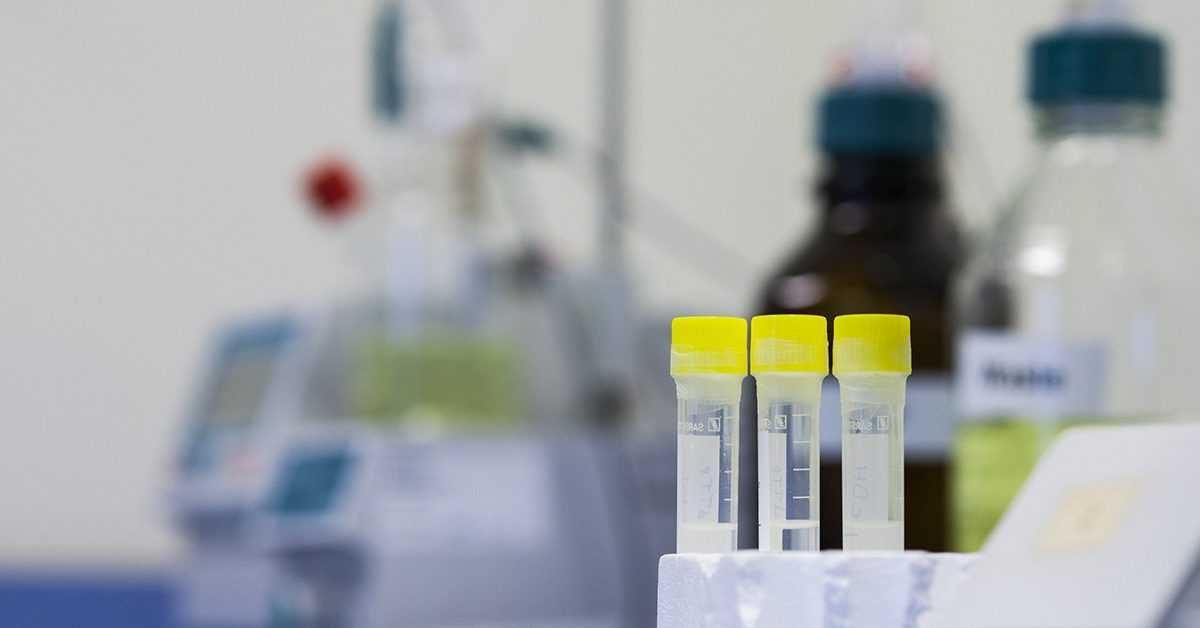According to Minister of Economy and Innovation Virginijus Sinkevičius, if Lithuania attracted at least 5 large-scale investment projects in the Life Sciences sector, it would become the sector’s global leader. On January 6-11, the Minister is visiting the US (JP Morgan Healthcare conference), where he is meeting with representatives of international Life Sciences companies.
“The Lithuanian Life Sciences sector grows by 20 percent yearly, and major international companies clearly see this progress. Nevertheless, Lithuania still has plenty of potential to grow further, and we only need another 5 large-scale investors to become the biggest life sciences center in the world. The Ministry has prepared a Life Sciences sector development strategy, which aims to create even better conditions for such companies. Such leading players as Thermo Fisher, Sicor Biotech, among others, are investing in new regions, thus not only creating jobs, but also significantly contributing to the development of the Life Sciences ecosystem. Therefore, the attraction of major investors is no less important than improving the business environment for the companies already operating in Lithuania, believes Sinkevicius.
The Minister of Economy and Innovation is participating in the 37th annual JP Morgan Life Sciences Week in San Francisco, where he will be meeting with potential investors. Life Sciences Week is the largest and most important event in the Life Sciences and MedTech community, with more than 400 companies and 8000 attendees and investors participating.
Lithuania has a goal for Life Sciences to yield 5 percent of GDP by 2030. Currently, the sector contributes more than 1 percent to Lithuania’s GDP, which is 6 times the EU average.
At the moment, more than 130 Life Sciences companies are operating in Lithuania, with more than 80 percent of their products being exported. Life Sciences products developed and manufactured in Lithuania are exported to more than 100 countries.
Such renowned enterprises as Moog, Teva, Thermo Fisher, Hollister, Intermedix, and Intersurgical have already established units in Lithuania.












